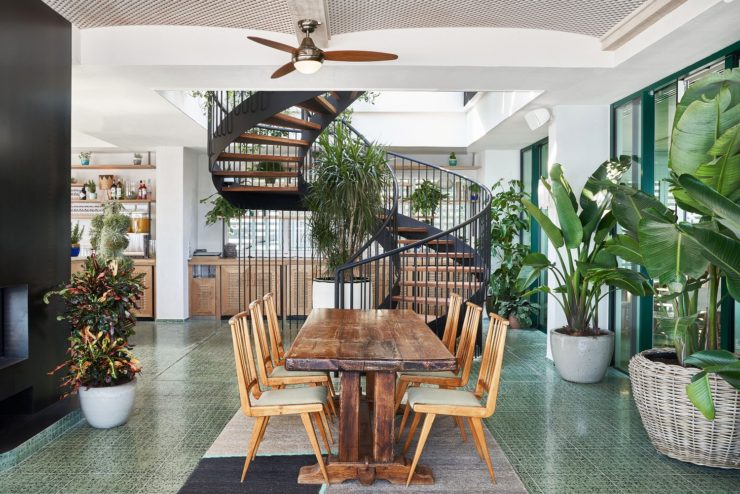Hotels where relaxation is all in a day’s work
Published in The Daily Telegraph, 2018
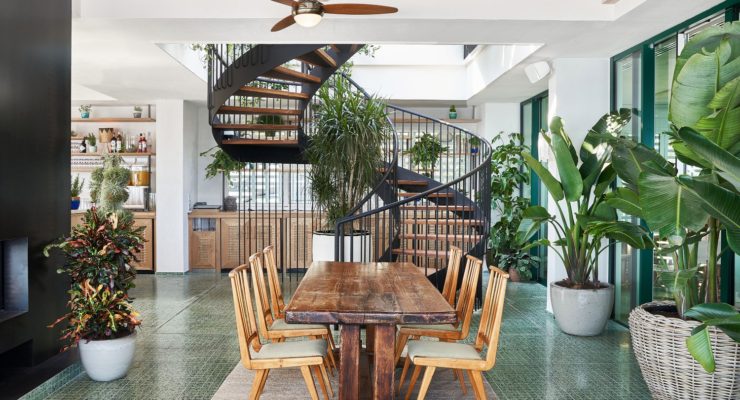
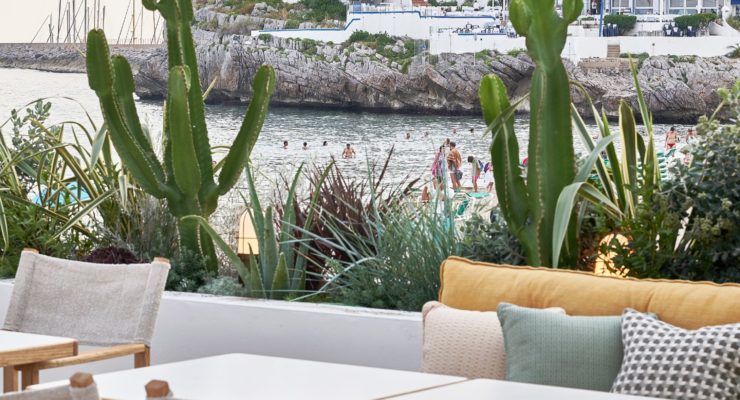
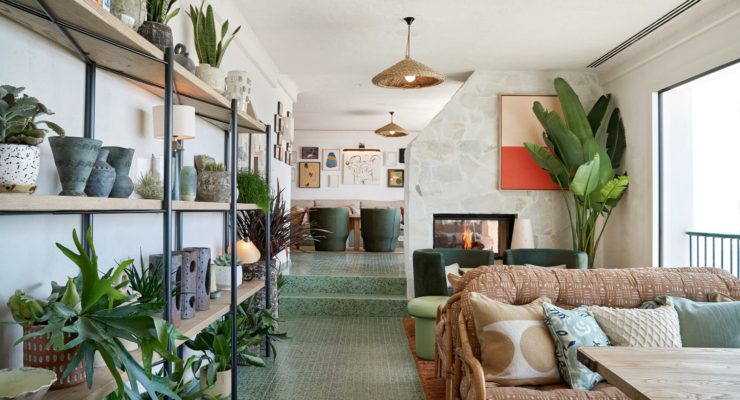
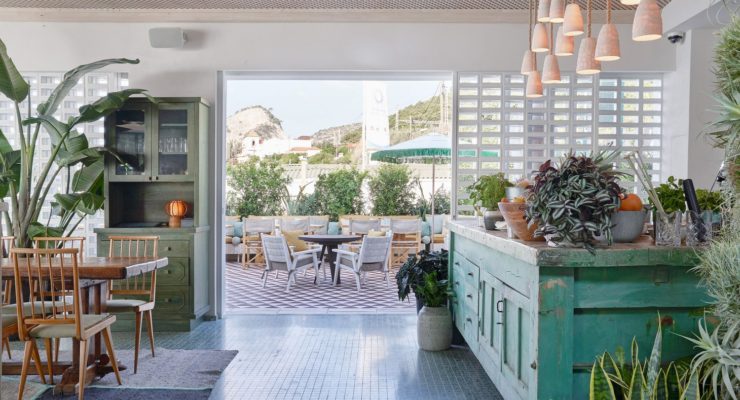
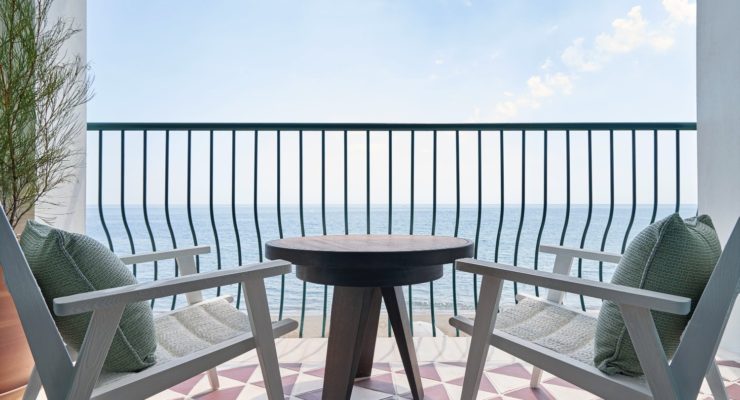
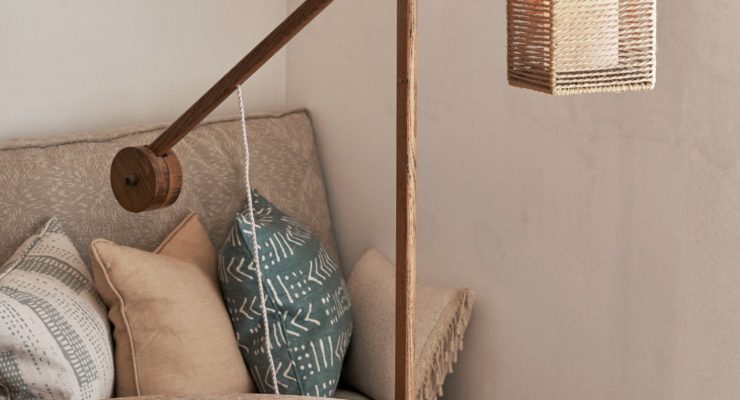
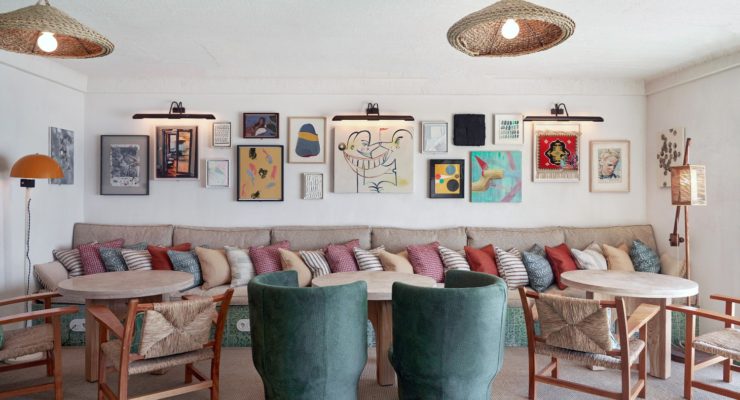
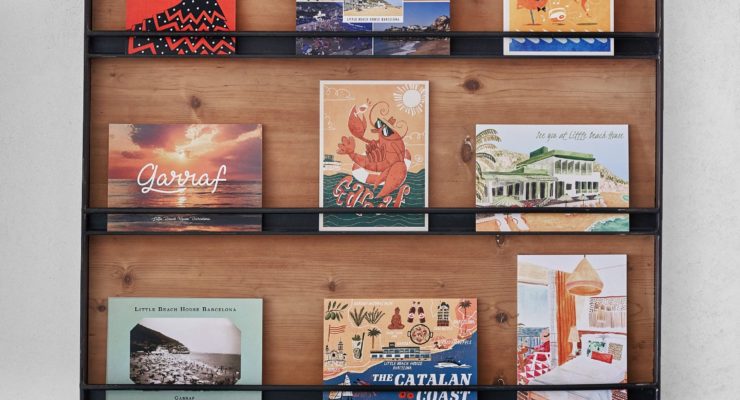
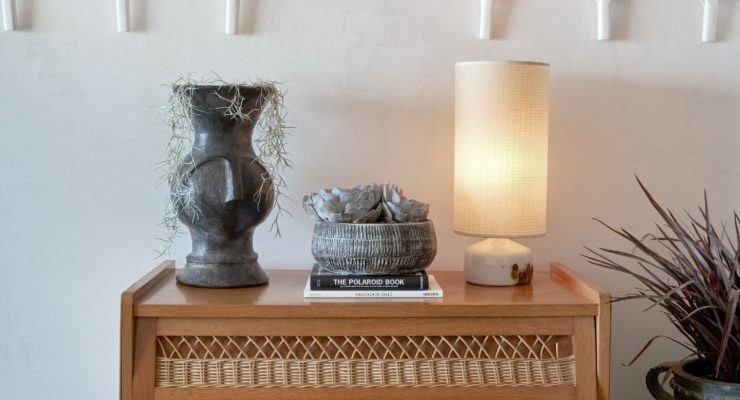
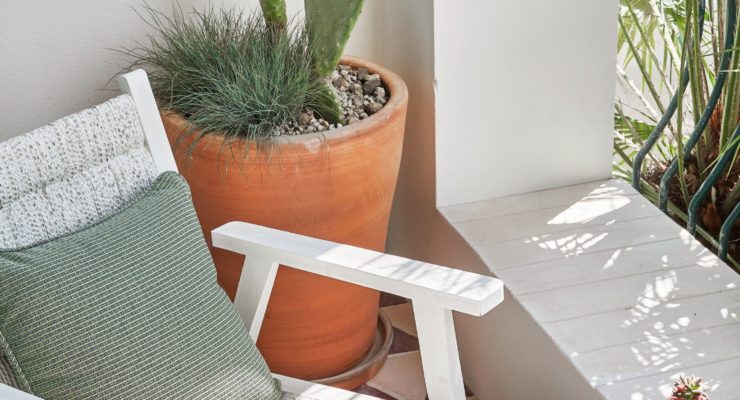
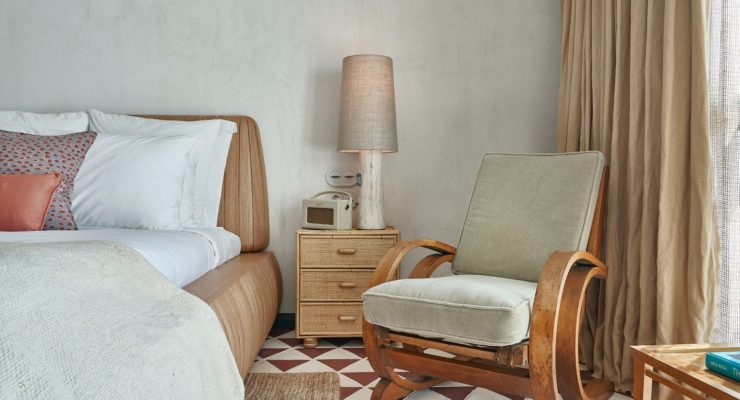
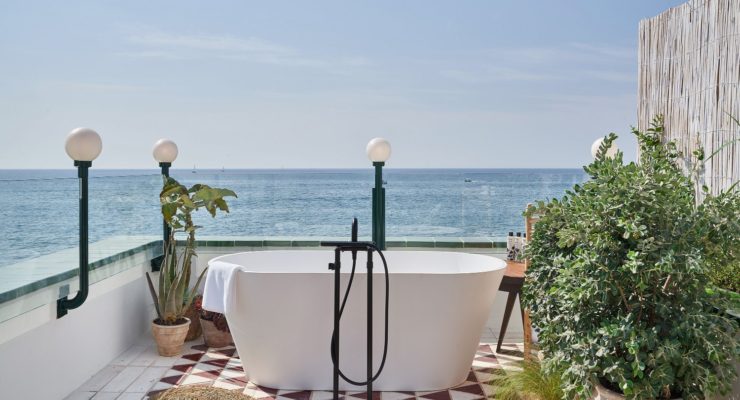
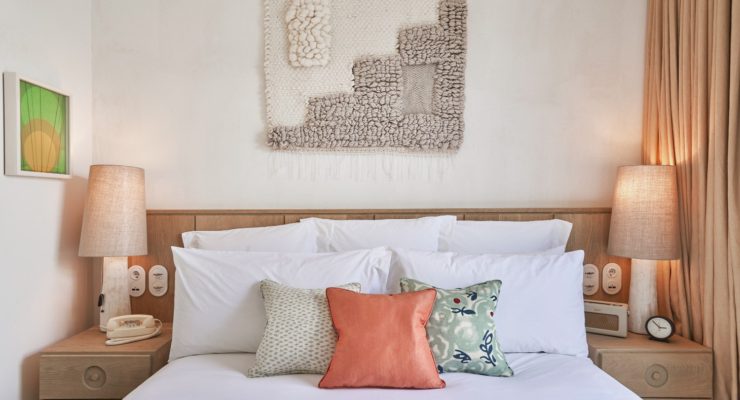
It’s 4pm on a Sunday and I’m at the newly opened Little Beach House Barcelona – a hotel and members’ club in the sleepy seaside town of Garraf, a former fishing village. I look out of the
window: the sea is glittering like a Balanchine ballet and five girls are paddleboarding in synchronised display. From a distance, boats with blue-and-white sails look like they’re swaying to the live Spanish guitar music playing in the background.
Instead of enjoying a glass of vermouth as I take in the scene, I’m on my laptop finishing a piece for work. “This is so much fun,” says my friend Marc, an interior designer, as he edits a Keynote presentation. “We should do this more often.”
We have designated this as our “co-working” day. The logic goes: (1) we’re more productive when working together as we can spur each other on; (2) the hotel’s convivial atmosphere might spark ideas and conversations with other guests; and (3) the beach views will inspire. We’re not alone in our thinking.
In 2017, there were about 1.27 million people using co-working spaces worldwide. And with flexible working quickly becoming the norm, the numbers are set to grow. The United States start-up WeWork is valued at $20 billion (£15.4bn) and its model of flexible workspace teamed with coffee bars, events and a global community is being widely copied. Now, hotels are looking to capitalise on this emerging trend, fusing co-working with hotel living.
Properties run by the Soho House Group have always been a hub for co-working, with dedicated work areas for guests and members. However, they bill themselves first and foremost as a hotel and members’ club. Other hotel groups have turned this model on its head, creating co-working hotels aimed at “digital nomads”, who work remotely in their destination of choice.
One example is Selina, which is due to launch its first European hotel in Porto, Portugal, this month and its first US property in Miami’s Little Havana in December.
The group has 25 properties in Latin American cities, such as Quito and Cartagena. Having recently been injected with $95 million in funding from WeWork founder Adam Neumann and private equity firm The Abraaj Group, it’s looking to expand to more than 40 locations globally by the end of 2019.
Selina’s selling point is that it is a network of stylish hostels for grown-ups, kitted with co-working spaces and “playground” areas where guests can work on collaborative projects and attend TED-style talks – all designed to foster a sense of community and connect guests with one another. Other companies that share this philosophy include Outsite and Roam.
“If you go into any old hotel, it’s not easy to just say hello to someone,” says Selina’s president, Yoav Gery. “Our model, while upscale, has a backpacking or hostel mentality at its core, built around the idea of showing up at a location, not knowing anybody and walking away with 20 friends.” Accommodation options range from a $10 per night bed in a hostel-type dorm to a $300 per night deluxe en suite room.
Meeting people and networking aren’t the only benefits of a co-working hotel. Productivity is key, too. “I work from Little Beach House two to three times a week,” says Jordi, 36, an entrepreneur. “Despite having an office in Barcelona, I’m more productive working here on my own. I can focus in complete quietude, with sea views at every turn, but there are also other people around doing the same thing, so it doesn’t feel isolating.”
I take a break from my work and walk along the cove, past a row of white cabanas with green shutters curved along the beach – the Garraf Massif mountain range in the distance. “On my lunch break, I often nip out and take a dip in the sea,” says Marc, who has been working from the hotel since it opened in August. “That refreshes my mind and I work better.”
Soho House and Selina have the nomad recipe just right, blending good design and connectivity with community – in some of the world’s most exciting destinations. Rivals will have to provide more than just free Wi-Fi and cold brew on tap to compete.

